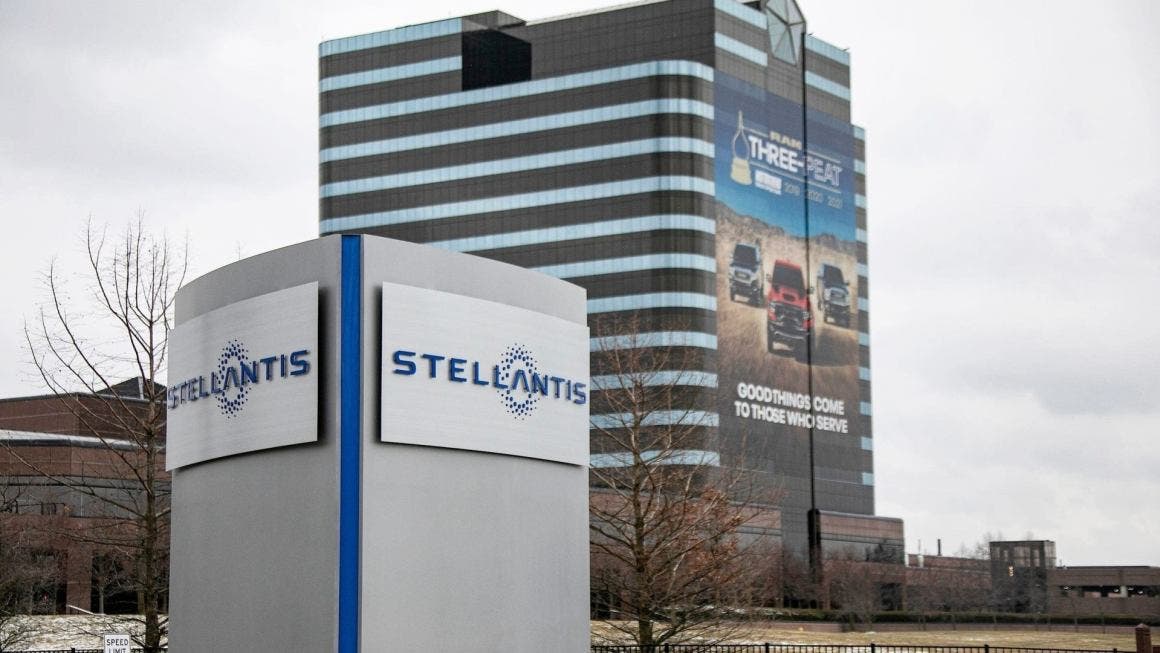Stellantis’ pickup assembly plant in Warren, United States, will be reduced to one shift throughout July. The company, in its commitment to align production with sales, has decided to reduce the number of shifts. At the moment, it’s uncertain whether additional shifts will be added after July, but further updates are expected in the coming weeks. However, the automotive group will continue to monitor demand and make decisions based on it.
Stellantis’ Warren plant will produce cars on a single shift throughout July

“Stellantis is modifying the operating model at its Warren Truck Assembly Plant to align production with sales. The plant will operate on a single shift for the month of July. The company will continue to monitor demand and take necessary measures to balance inventories,” stated a spokesperson for the automotive group.
The elimination of the second shift could impact the jobs of half of the 3,700 workers at the plant. The cuts follow statements made by Stellantis CEO Carlos Tavares at an investor conference in Italy last month, where he said that “the race for electric vehicles has become a race to cut costs” and that component sourcing “would shift from the Western world to countries with the best costs.” Automotive News reported that Tavares stated at least two U.S. plants “need a significant turnaround,” which could mean further job cuts.
The halt of the second production shift at Stellantis’ Warren plant comes amid a growing crisis in UAW leadership. In late May, UAW President Shawn Fain removed Vice President Rich Boyer from his role as head of the union’s Stellantis department. Boyer was originally a member of the Warren Truck committee before being elected as part of Fain’s slate in the UAW’s first direct election. In removing Boyer, Fain claimed that his fault was failing to “push back” against Stellantis’ attacks, including the mass layoff of numerous employees. In an attempt to respond to Fain‘s accusations, Boyer revealed that Fain and the rest of the UAW leadership were well aware that the contract would lead to the layoff of thousands of temporary workers.

